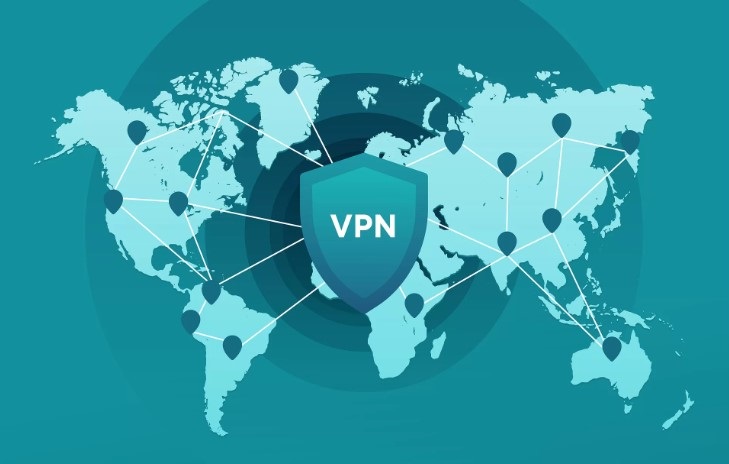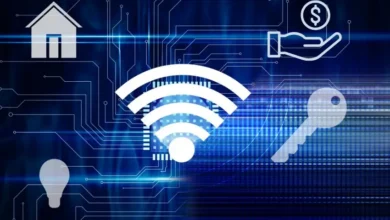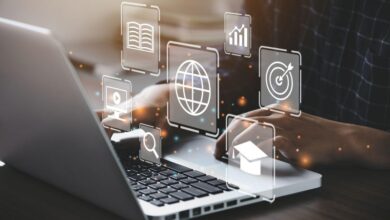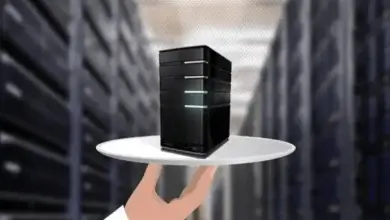
What Is a VPN & How Does It Work?
A VPN is one of the most worthwhile tools to protect your privacy and security when browsing online. Here is everything you need to know about using a VPN to protect yourself online.
What is a VPN and what does it mean?
VPN stands for Virtual Private Network. A VPN connects you to a secured server of your choice. Again, none of your data is exposed to unwanted viewers, like hackers or other people with ulterior motives for seeking your information.
Besides that, a VPN may also protect your activity in private mode on the Internet so you can get around the Web anonymously.
How do VPNs work?
One type of VPN is network security protocols. They help establish a safe connection between your computer and some remote server. In this way, it will increase privacy by encrypting the traffic. It can also maintain the confidentiality of your data, even if it is being transferred across public networks. These techniques protect your data from access by hackers and other unauthorized people by applying various types of encryption. These include:
- SSL/TLS: This will be the most common kind of encryption used with a VPN. It ensures that data gets encrypted before it’s transmitted over the network. It works on most web browsers and is considered one of the most potent forms of encryption.
- IPSec: This is yet another widely used form of VPN encryption. It’s very security-conscious encryption, using different security protocols to guard the data from unwanted access. Compared to other forms of encryptions, the benefits of using IPSec include added security, faster speeds, and implementation, which is easy compared to different types of VPNs.
- OpenVPN: OpenVPN is one of the more popular types of VPNs. It uses strong encryption algorithms.
Different types of VPN
VPNs do an amazing job of keeping you private and secured on the internet. Here’s a breakdown of different types of VPNs so you can decide to download a VPN that works best for you:
- Virtual Private Network (VPN): VPNs create an encrypted “tunnel” between the specified end-user computer and the VPN server; all communication from them happens to be inside it and, therefore, remains private so that none can monitor the activity or data. In many cases, VPN will help to keep internet traffic safe from your ISPs or government as well.
- Secure Shell: This Very safe protocol has the ability to connect to faraway servers; when using SSH, it will encrypt all your data before it travels over the network. This will prevent them from spying on your activities or stealing your data.
- Proxy Server: It acts as the middleman between you and the internet. So, whenever you demand to see a web page, it will contact the Internet to get that website and then forward it to you. Proxies help bypass filters set by your workplace or college or to hide your IP address if needed.
- Tor: The TOR network is anonymous.
Why use a VPN?
When you run a VPN, your computer is connected to a private network. All the traffic between your computer and the internet will be covered, and tracing by any other person will prove difficult. Moreover, it encrypts all your traffic and makes it hard for spying eyes to see what you do over the internet.
They are also good for security. In using a VPN, there is created an encrypted tunnel between a computer and a VPN server. This prevents anyone from spying on your internet activity or tracking your location. Furthermore, a VPN can protect against malware and phishing attacks.
Can I use a VPN on any device?
Yes, you can use a VPN with any device. However, some devices are not compatible with specific VPNs. An example would be when one has a router that doesn’t support a VPN. Also, some devices will not run software for a VPN.
What to look for when choosing a VPN?
The choice of a VPN provider depends on some key factors: it has to be strongly encrypted, implement security features, and possess a server bank that is large enough to guarantee good geographic coverage. Additionally, the VPN provider should have an impeccable reputation, which would have been attained through a pool of satisfied existing users. Finally, the pricing has to correspond to your pocket.
FAQs about VPN
What is VPN?
Virtual Private Network, simply referred to as VPN, is a software that links your computer or smartphone with a reliable security server. It helps browse the Internet without revealing your actual location. In addition to this, it can also increase privacy by encrypting traffic.
How can I set up a VPN?
To set up a VPN on your device, open the Settings app first. From there, under “Wireless controls” or “More wireless settings,” select “VPN.” Log into your account with your VPN provider. Select “Create New Connection” for setting a new connection. Type in the IP address of your device and the port number before selecting “Connect.”
Are VPNs legal?
Legalities of Using a VPN The legality of using a VPN varies from country to country. The meaning here is that in some countries, it would be completely illegal to use a VPN, accompanied by fines or imprisonment. In other places, although not supported by officials, it is not illegal.
*Note that the legality of using a VPN depends on your country’s or region’s specific laws.



